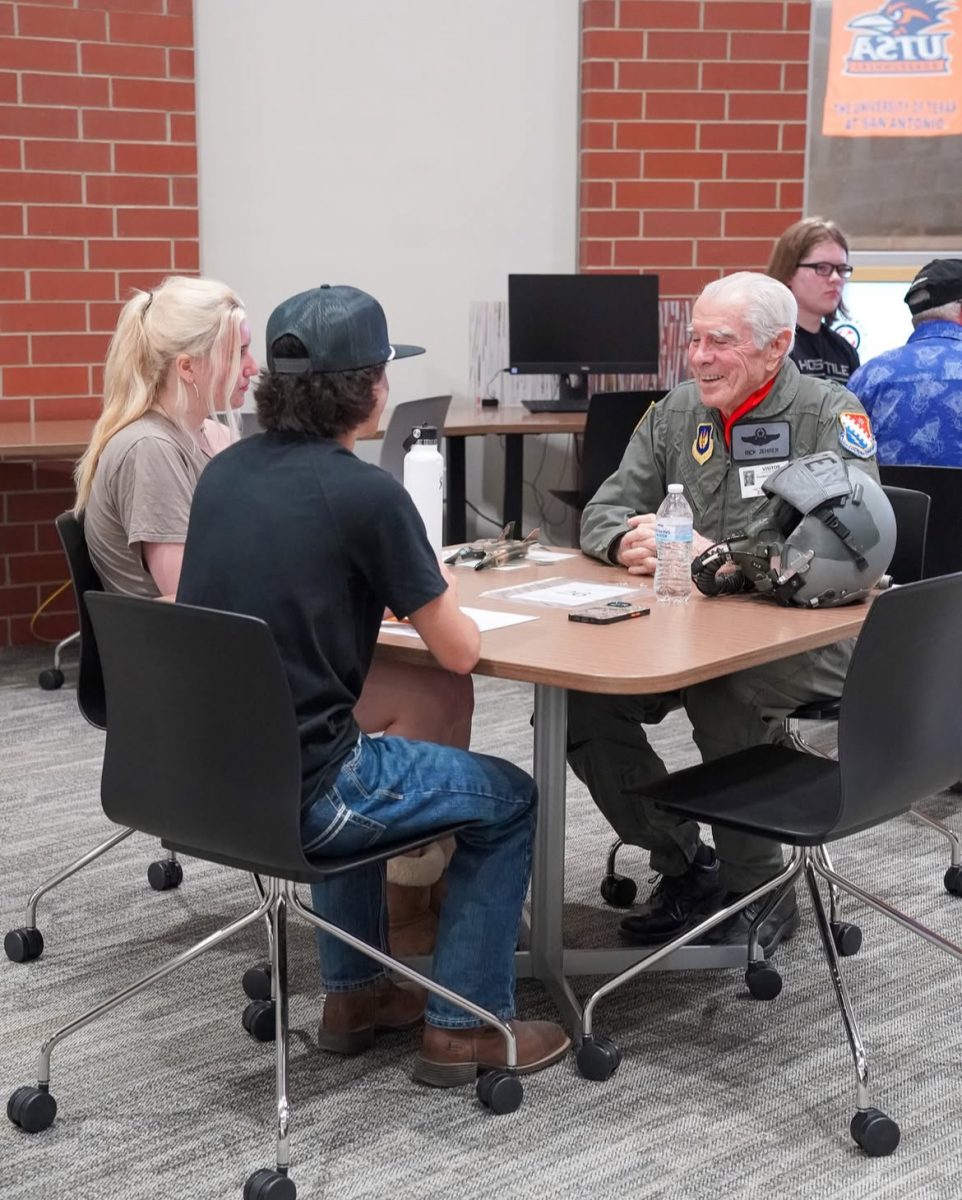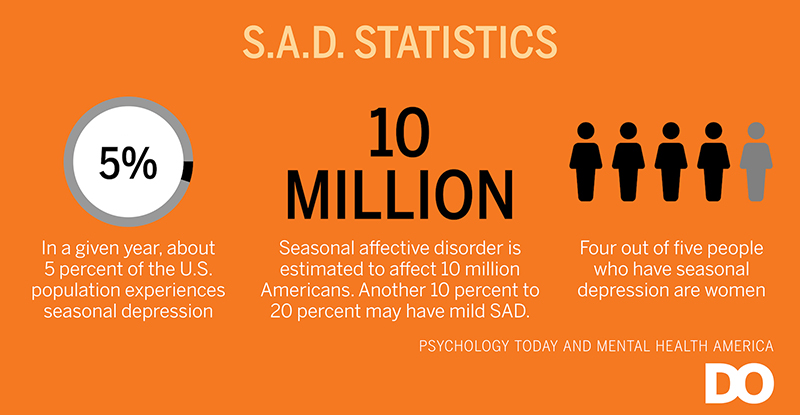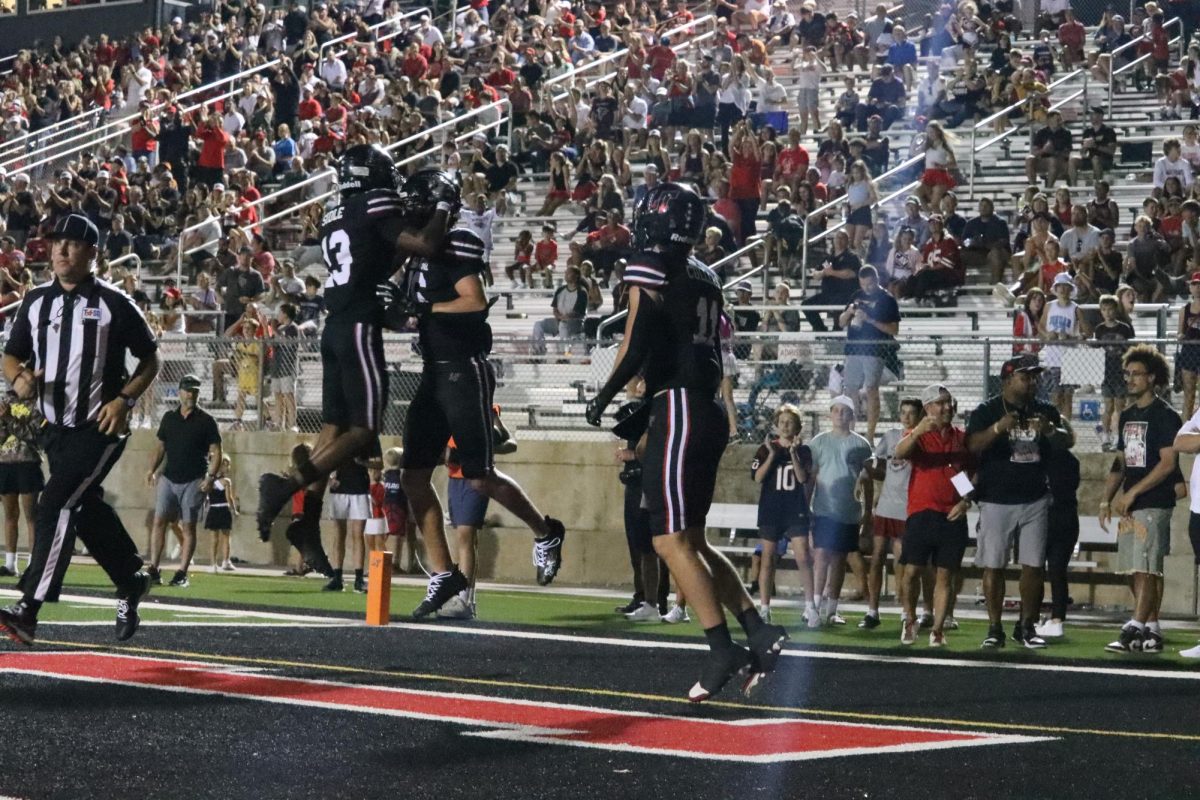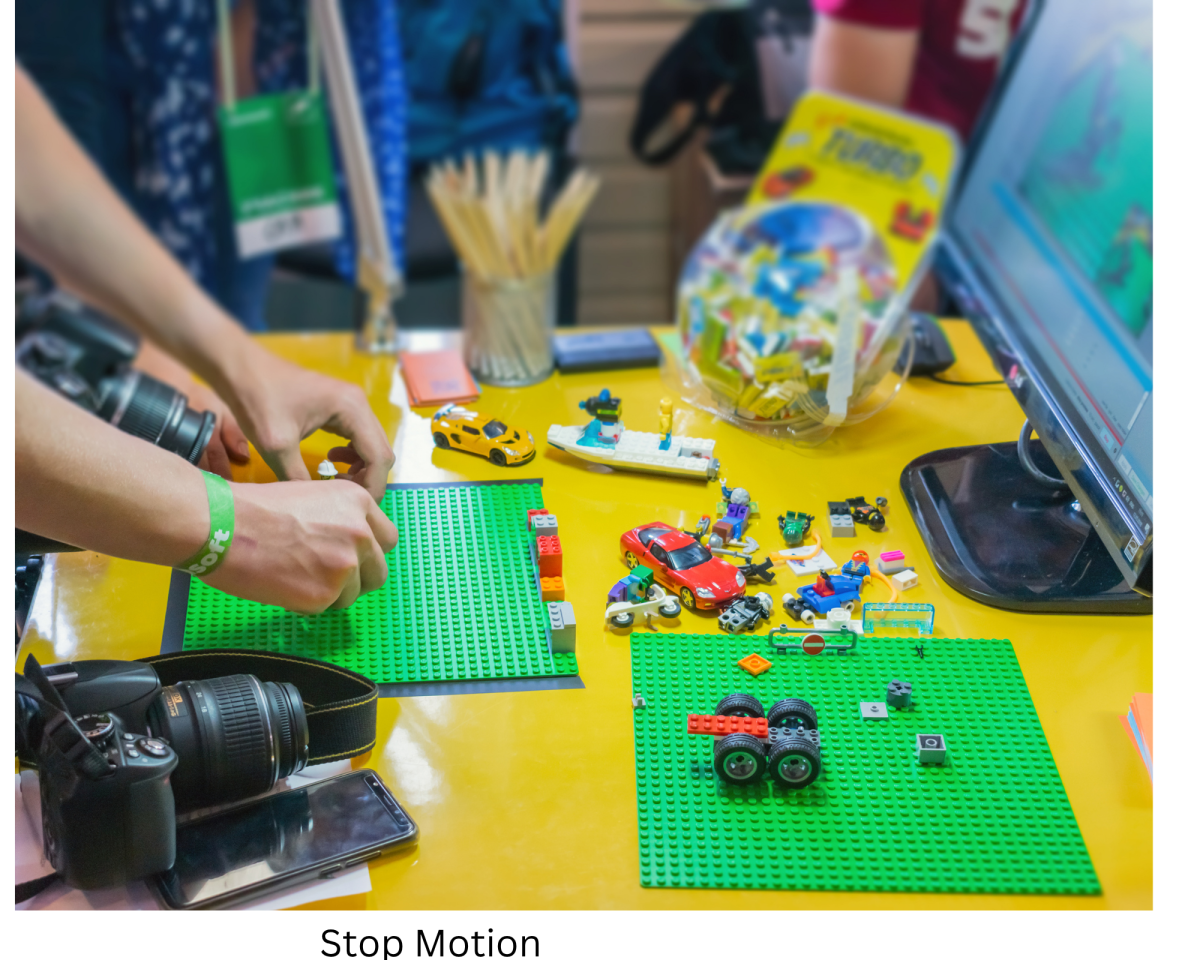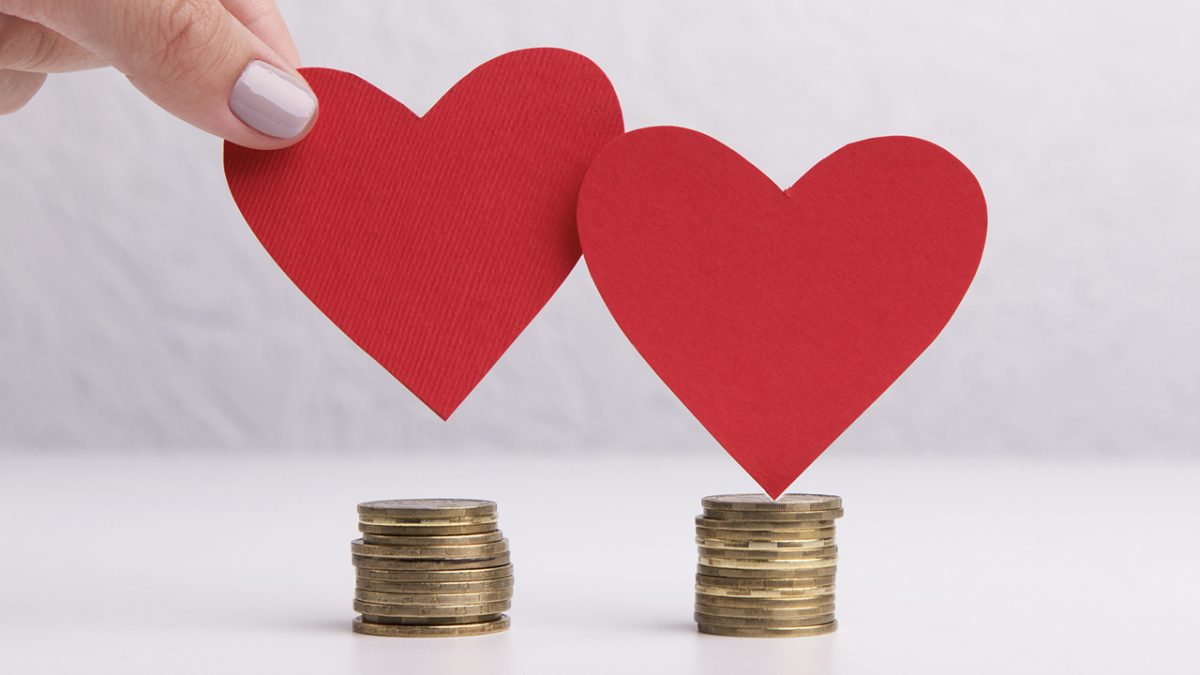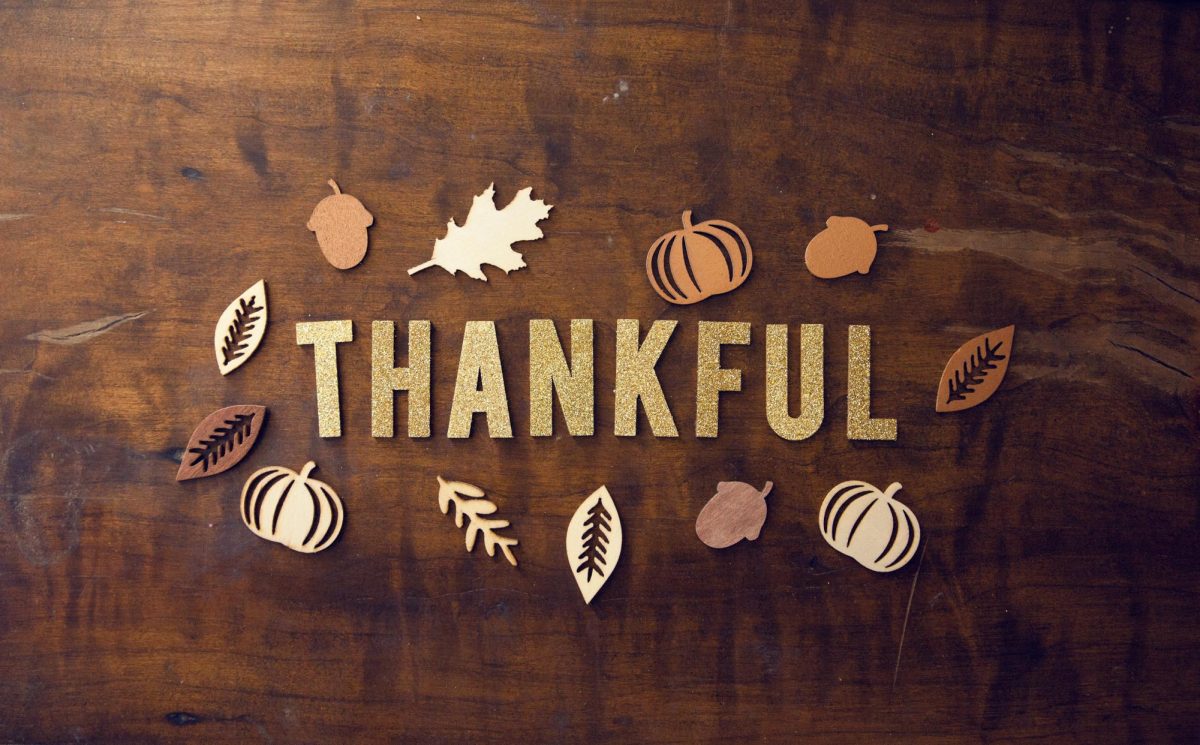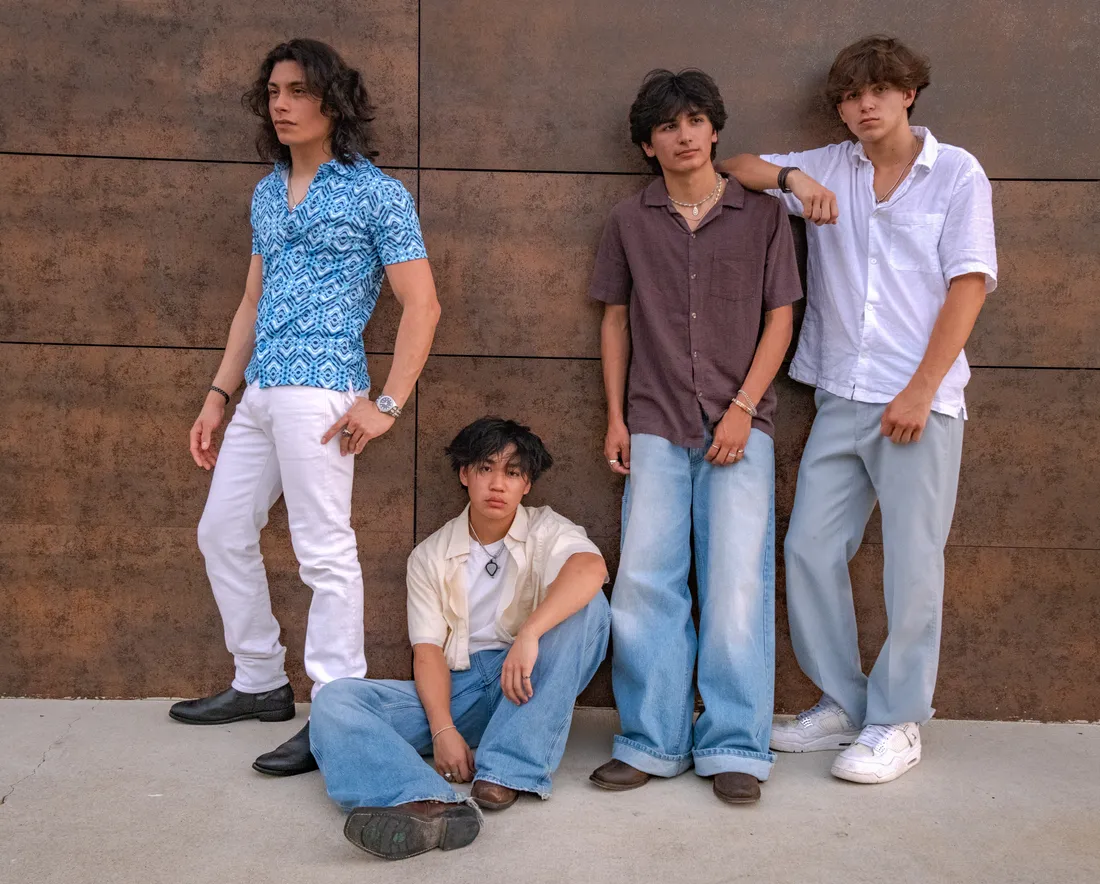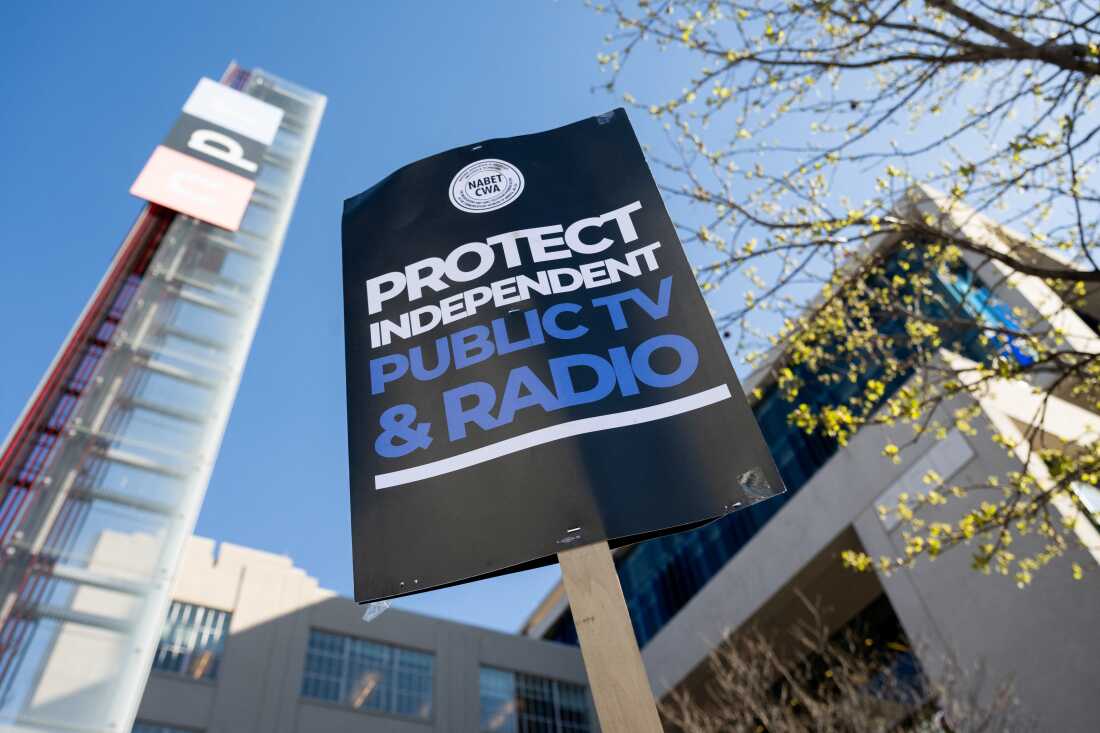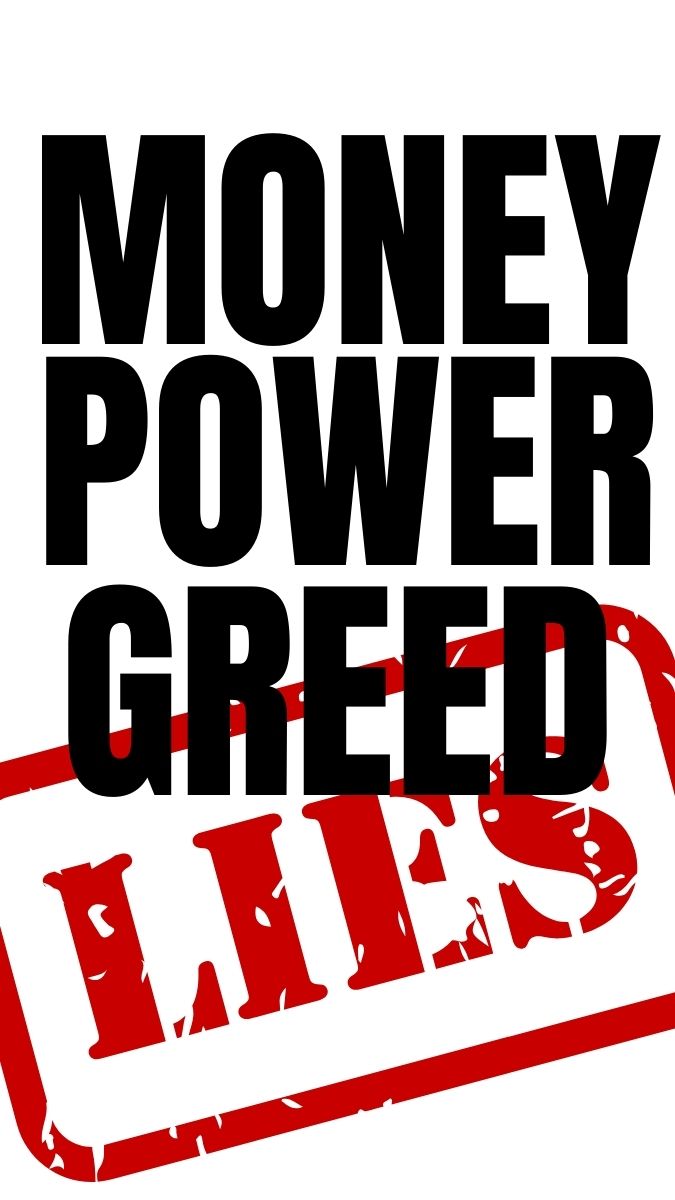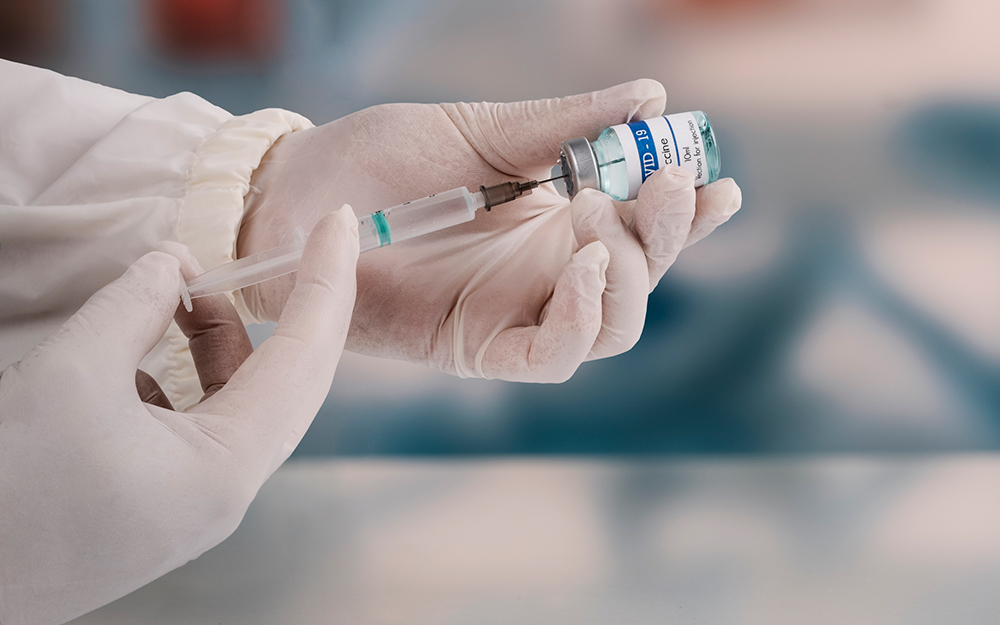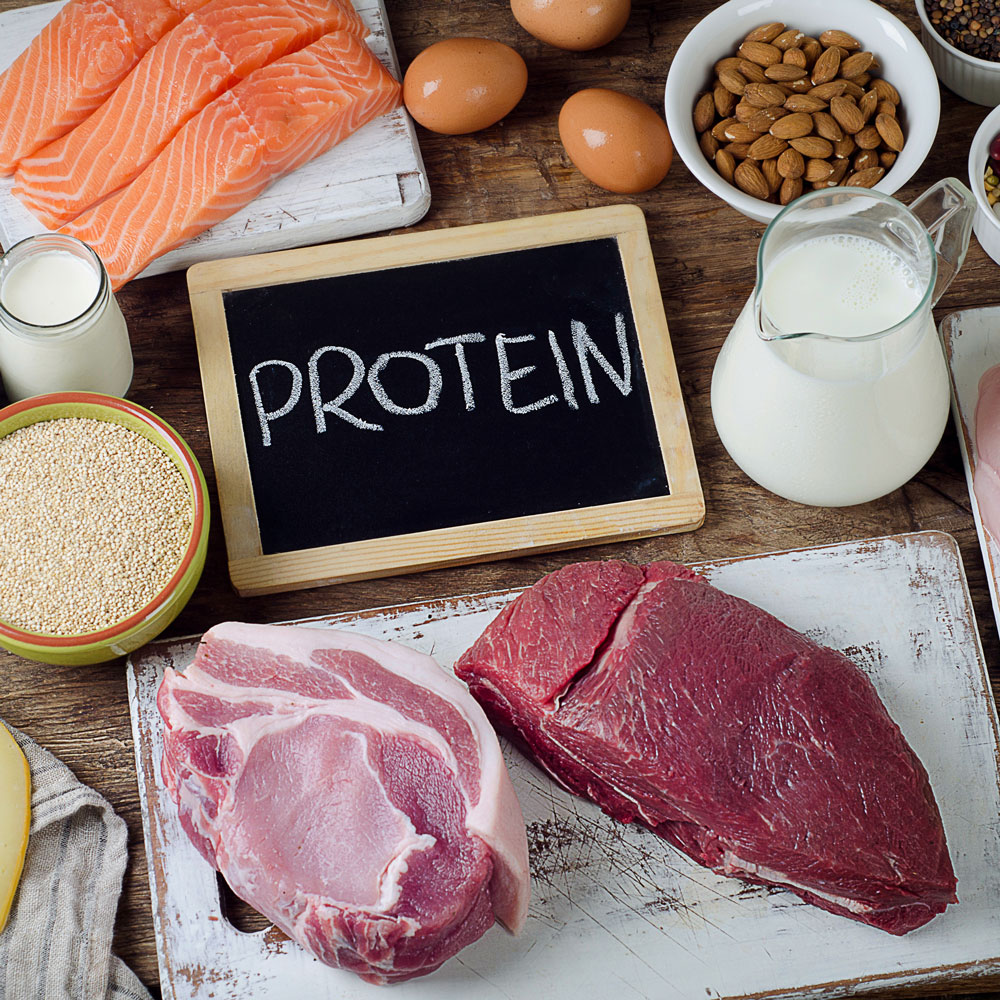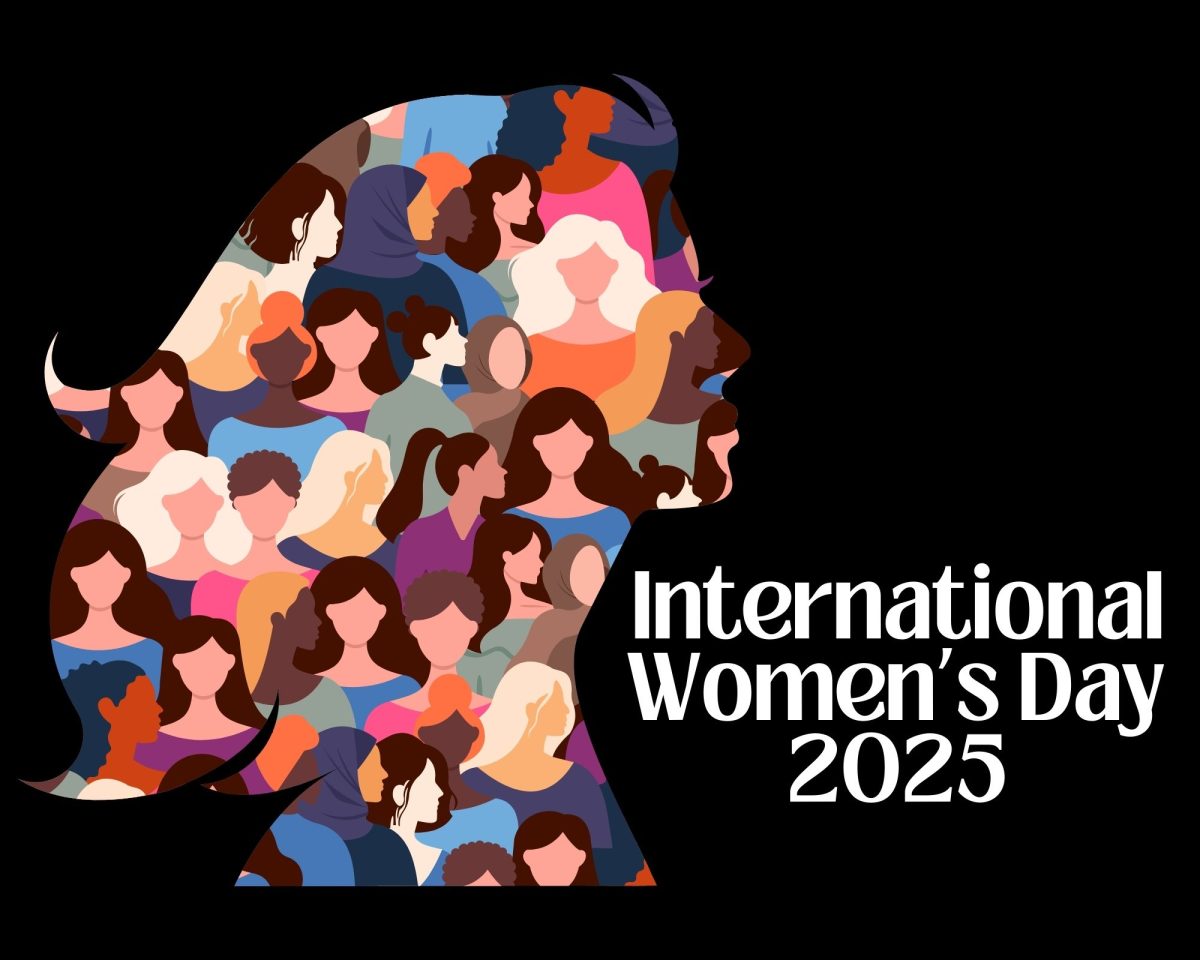Wondering why every two videos that pop up on social media have something to do with everyone’s utter lack of protein? Or why every trip to the local grocery store is filled with advertisements screaming PROTEIN at you in bold letters? The “protein epidemic” has been an ongoing issue for years, with a complex history that ranges from diet fads to lifelong obsessions.
The concept of a protein-rich diet began in the 1950s and was originally designed for competitive bodybuilders who focused on maintaining their demanding lifestyles. According to the National Library of Medicine, when bodybuilders are training for competition, they cease to follow their normal cues and spend a better portion of their day either over-filling themselves or forcing their bodies into severe states of starvation, both of which can be detrimental to their health.
Due to the discipline and body awareness bodybuilders have, they are able to push their bodies in ways that are unnatural. Why this dedication may give them a toned physique, it can also give them major intestinal issues. Rather than yuck their yum, let’s focus on the “high-protein” diet that society is advising everyone and their mother to try out.
Protein is one of the three important macronutrients that humans need in order to maintain homeostasis, a process needed for an organism to maintain a stable internal environment to survive and function. However, too much of anything is not typically a good thing, and protein is no exception. So what could consuming too much protein do to someone? According to Harvard Health, consuming too much protein can cause kidneys to develop painful issues like large kidney stones, hyperfiltration, and glomerular injury. Unfortunately, people that typically begin these types of diets don’t always realize what the other side looks like.
According to research at the MD Anderson Cancer Center in Houston, it is essential for humans to get enough of all the macronutrients (carbohydrates, proteins, and fats), in order for systems to stay balanced. To put it simply, this means that carbs AND proteins are essential parts of transforming a person’s health.
The human body requires a certain amount of nutrition in order to function, so the more a body is restricted from certain foods, the more the body may begin to turn on its survival instinct just to keep everything pumping. Carbs can’t do their job without protein and vice versa which is why scientists call protein the building blocks of the body and carbs the energy the body prefers.
While all humans require these balanced meals, many athletes take their nutrition more seriously. Following the wrong diet can cause them to lose sight of the obligation they have to their bodies, and not fueling themselves properly can result in training deficits.
“I consider nutrition incredibly important as an athlete in order to make sure I can play at my best and feel energized,” Sienna Ward, a local student athlete said. In contrast to the stigma around athlete’s diets, Ward tends to think of protein as a plus in her day to day life.
“It leaves you feeling fuller and more content after each meal, as well as allowing quicker recovery. Plus, there are just little things you can change that would equal you getting up to 25 more grams of protein [per] meal!”
Confused on what and who to trust?
Linda Steinhardt, a registered dietician who also holds a certification in Sports Dietetics, has extensive knowledge on the subject.
“Oftentimes, our society really demonizes carbohydrates and fats. . . and so protein is often, especially within the active/athlete population, the thing that everyone needs more of. What I find is [all] people need more carbohydrates, but since they are so demonized, people don’t actually get enough,” Steinhardt said. “If someone is not eating enough overall, or if someone is not enough carbohydrates along with protein, we don’t actually build muscle as easily. [Cutting out entire food groups] is not really helpful for anybody, but especially adolescents who are growing. It can affect things like growth and development.”
Dieticians like Steinhardt draw the line once it comes to somebody wanting to cut out entire food groups, and instead believe it is best to ask why?
“When adolescents start questioning eating something that used to feel so easy to have, or if you start seeing it get in the way of your life, then I definitely think that if you feel comfortable enough to find some support person to talk to [you should]. Then, figure out if you are able to connect yourself with a dietician, therapist or maybe someone who specializes in those areas.”
Anyone who has any sort of social interaction knows that more and more people are betraying their bodies each day. Our culture calls foods like rice, donuts, chips, and butter “totally unhealthy”, when in reality, all food breaks down into the same thing – energy! The stomach doesn’t have eyes, only people do. Therefore, cutting out entire food groups can be seen medically as disordered eating – a gateway to eating disorders. It’s scary, and anyone involved in the diet culture should know everything they are really getting out of it.
Biology 101 officially debunks the myth that if humans only ate protein, their life would be of greater quality. The real concern is: why have we, as a generation, become so obsessed with how people view us that we have reached the point of where we stop going out to eat and we start cutting out foods because they aren’t protein-rich. Why have we stopped living because we are afraid of what someone else might assume about us and our way of eating? By challenging this ideology, future generations can minimize the negative associations that cultures like the diet culture ultimately provide. How can this be done? By changing one mind at a time about the true meaning of “healthy eating.”



